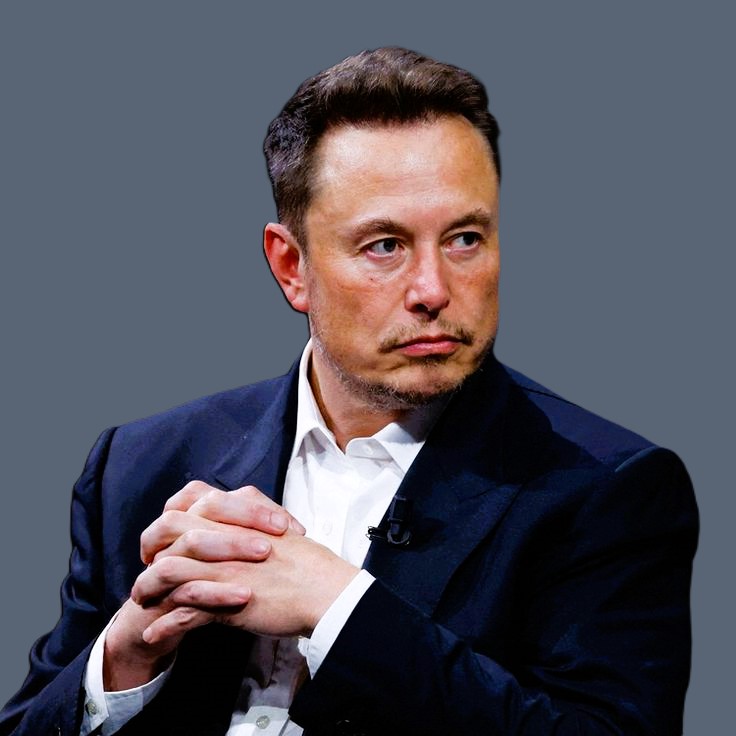
Brazil has taken the dramatic step of blocking access to X, the social media platform owned by Elon Musk, after the tech billionaire repeatedly ignored court orders to remove content deemed illegal under Brazilian law. This move has sparked a fierce debate over the balance between free speech and the rule of law, with significant implications for both the tech industry and international relations.
The Backstory: A Clash of Ideals
The conflict between Brazil and Elon Musk’s X began when Brazilian authorities requested the removal of several posts on the platform that were allegedly spreading misinformation and inciting violence. These posts were linked to politically sensitive issues, including electoral integrity and public safety, which the Brazilian government has been keen to address in the lead-up to key elections.
However, Musk, who has positioned himself as a staunch advocate of free speech, refused to comply with the orders. His argument centers on the belief that platforms like X should remain open forums for expression, free from government interference. Musk’s defiance led to a standoff, with Brazilian courts issuing multiple orders demanding compliance, all of which were ignored.
The Court’s Decision: Blocking X
After Musk’s continued non-compliance, Brazil’s Supreme Court issued a ruling to block access to X within the country. The court justified its decision by emphasizing the need to uphold the law and protect citizens from harmful content. Justice Alexandre de Moraes, who has been at the forefront of several high-profile cases involving misinformation in Brazil, stated that the platform’s refusal to cooperate posed a significant threat to public order.
The blocking of X is seen as a last resort, reflecting the frustration of Brazilian authorities with what they perceive as the platform’s disregard for their legal system. The court’s decision has been met with mixed reactions within Brazil. Some view it as a necessary step to enforce the rule of law and prevent the spread of harmful content, while others see it as an overreach that could stifle free speech.
Musk’s Response: Defiance and Controversy
Elon Musk has not remained silent in the face of Brazil’s actions. In a series of tweets, Musk criticized the Brazilian government for what he described as censorship and an attack on free expression. He argued that X should not be held accountable for the content posted by its users and vowed to fight the court’s decision through all available legal channels.
Musk’s response has only fueled the controversy, with critics accusing him of placing his personal beliefs above the laws of sovereign nations. They argue that by refusing to comply with Brazilian law, Musk is undermining the country’s democratic institutions and setting a dangerous precedent for other tech companies.
On the other hand, Musk’s supporters have praised his stance, viewing it as a necessary defense of free speech in an era where governments are increasingly seeking to control online discourse. They argue that platforms like X play a crucial role in enabling open dialogue and that any attempt to regulate content risks silencing dissenting voices.
The Broader Implications
The dispute between Brazil and X raises important questions about the responsibilities of social media platforms in a globalized world. As tech companies expand their reach across borders, they are increasingly finding themselves at odds with local laws and regulations. This case highlights the challenges of balancing the protection of free speech with the need to prevent the spread of harmful content and uphold the rule of law.
For Brazil, the decision to block X is a bold assertion of its sovereignty and a signal that it will not tolerate non-compliance with its legal system, even from powerful global companies. However, the move also risks alienating users and stoking tensions with the tech industry, which could have long-term economic and diplomatic consequences.
For Musk and X, the situation presents a dilemma. While standing up for free speech is a core part of Musk’s ethos, his refusal to comply with court orders could damage the platform’s reputation and lead to further legal challenges in other countries. The outcome of this conflict could set a precedent for how social media platforms are regulated globally and how they interact with national governments.
Conclusion: A Complex and Evolving Situation
As Brazil and X continue their standoff, the world watches closely. The resolution of this conflict will have significant implications not only for the future of social media regulation but also for the broader relationship between technology, law, and society. Whether Brazil’s actions will be seen as a necessary defense of the rule of law or an overreach that stifles free speech remains to be seen.
